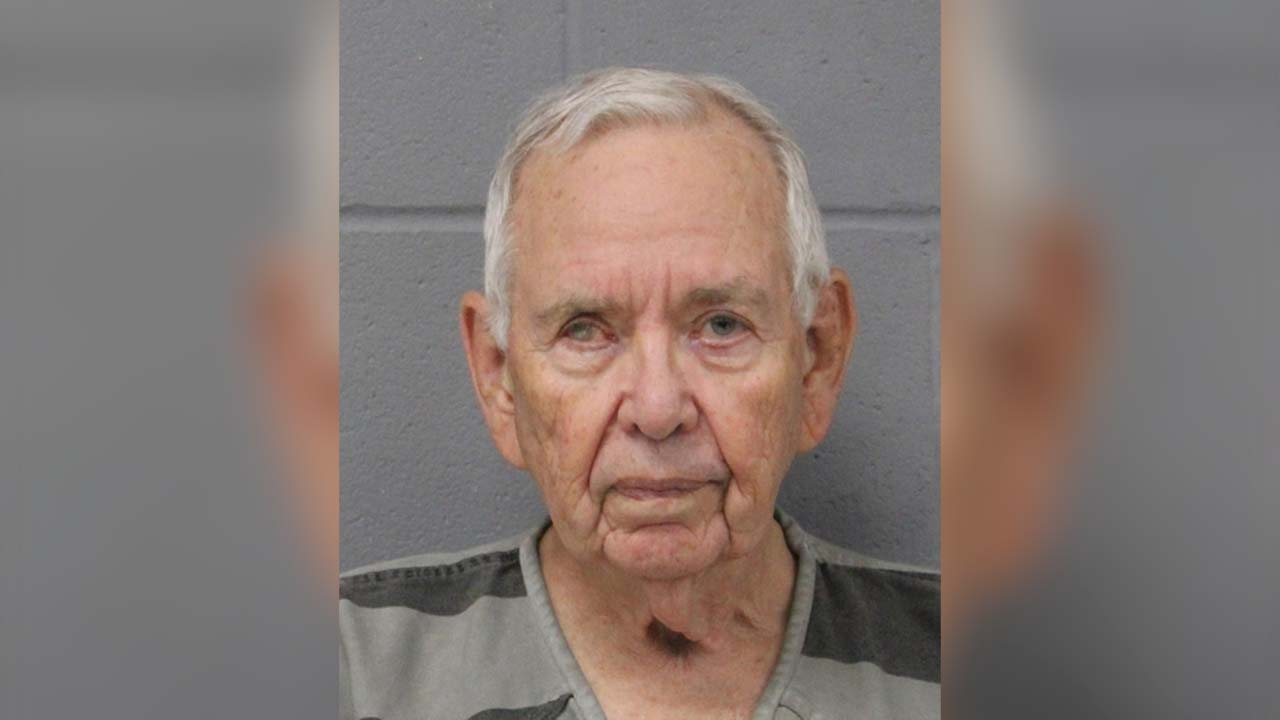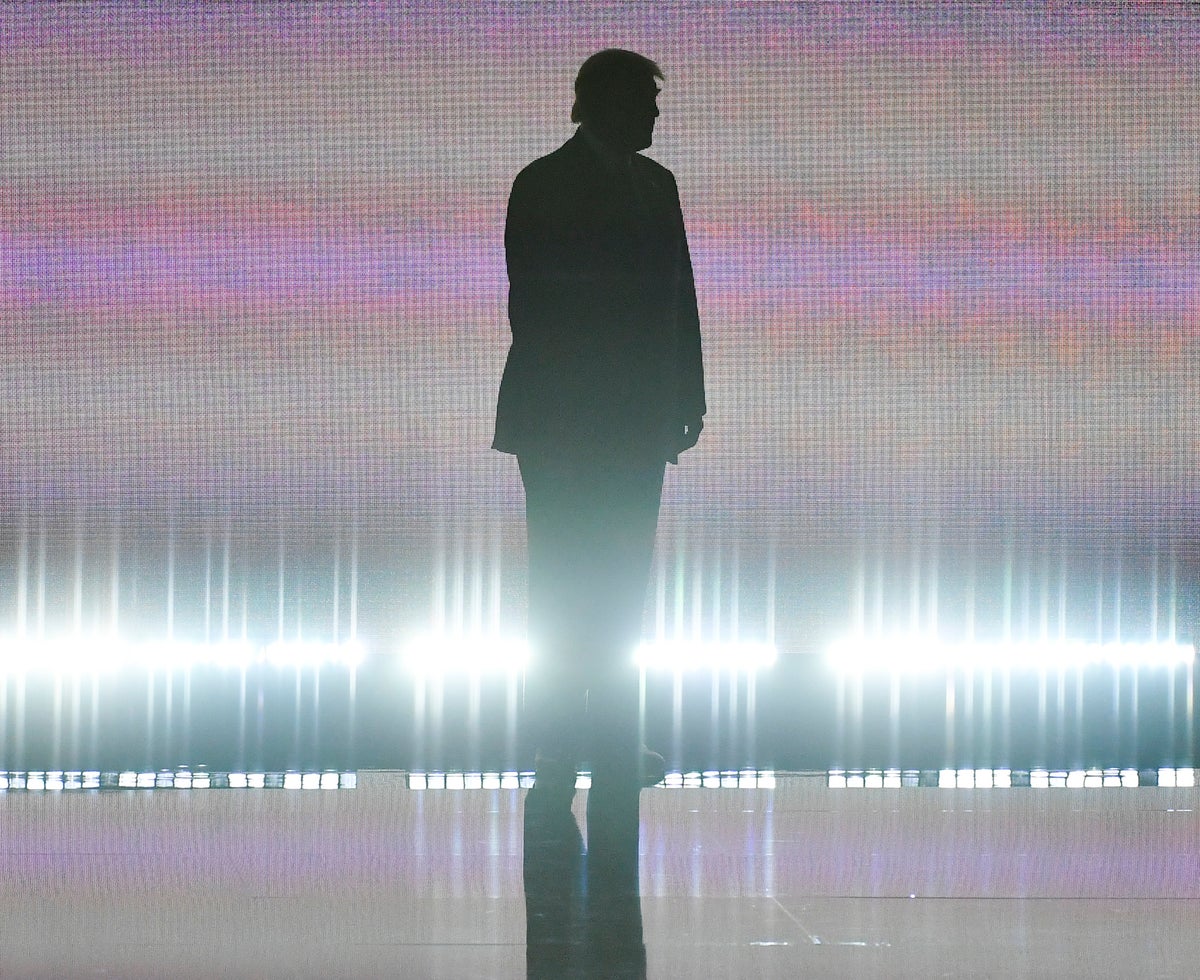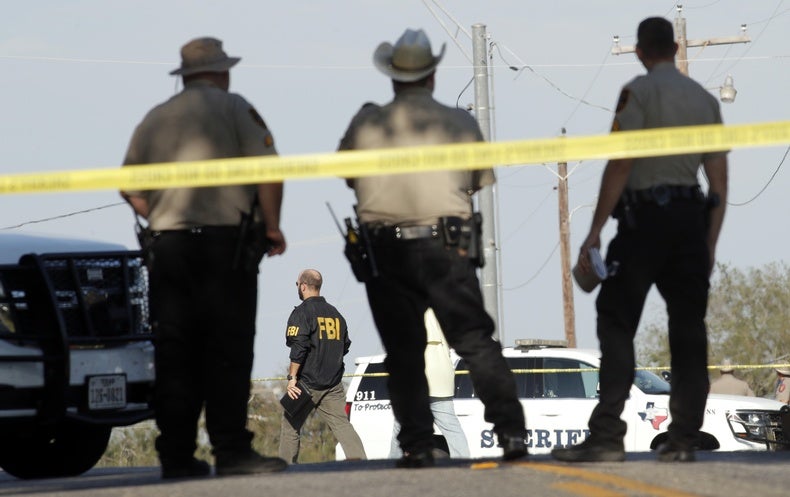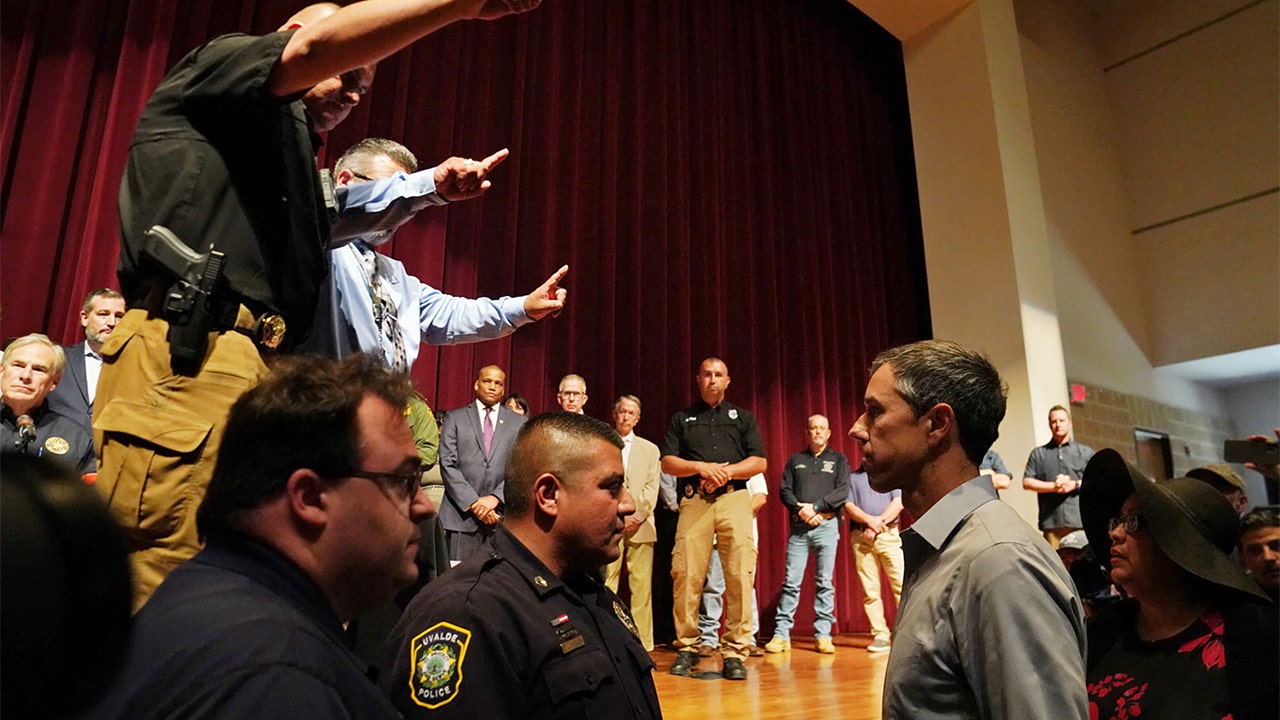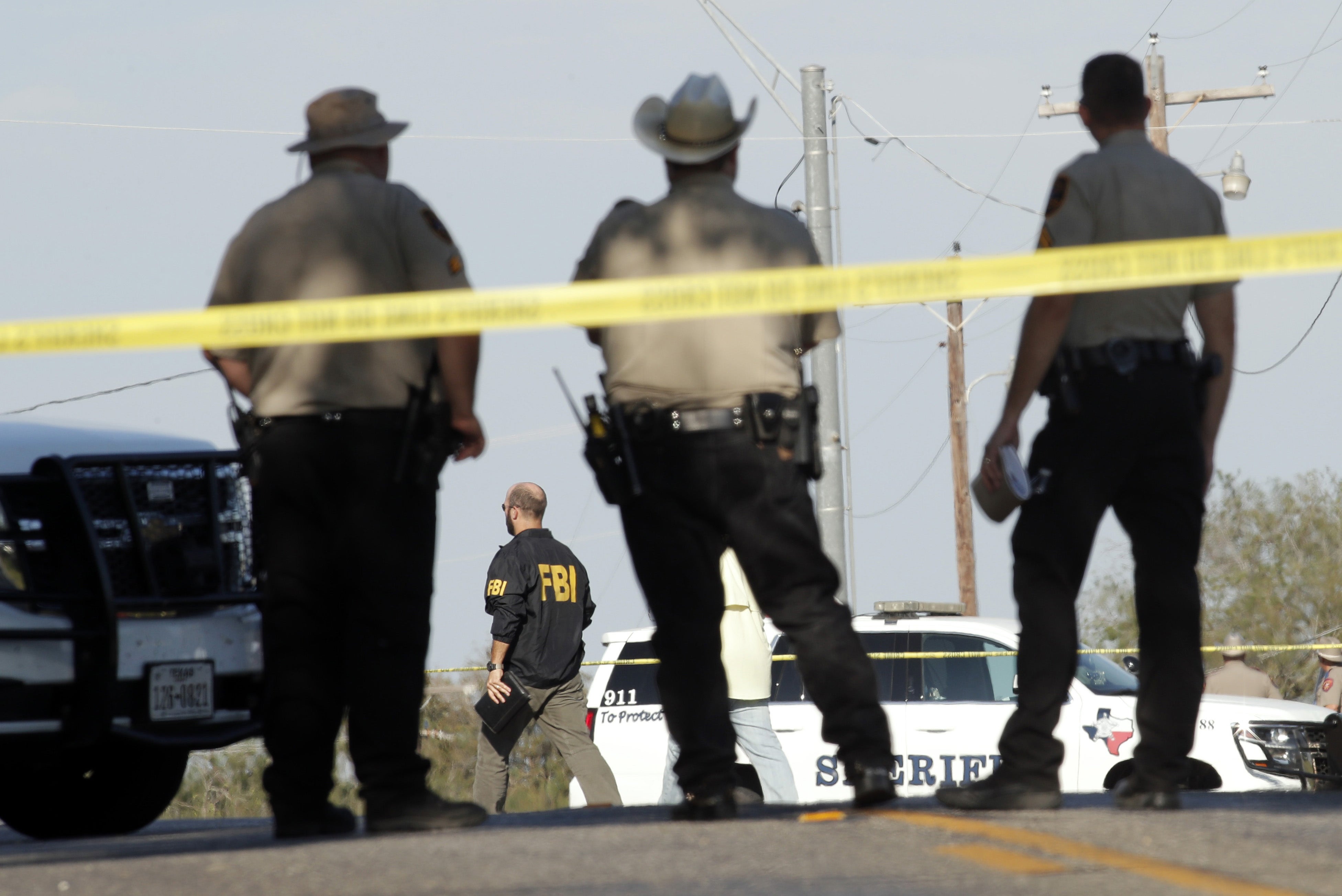
Editor’s Note (5/25/22): This article is being republished in the wake of a school shooting in Uvalde, Tex., that killed at least 19 children and two teachers. It was the deadliest such attack since the shooting at Sandy Hook Elementary School in Newtown, Conn., in 2012, and occurred less than two weeks after a deadly shooting in Buffalo, N.Y., that killed 10 Black people in an act of domestic terrorism.
After the massacre this week in Sutherland Springs, Texas, that state’s attorney general told Fox News gun control laws will not prevent mass shootings. “This guy violated the laws against murder,” Ken Paxton said of shooter Devin Kelley. “Adding some other gun law would not, I don’t think, in any way change this guy’s behavior.” Former Texas State Senator Jerry Patterson made the same point to The New York Times: “All these window-dressing proposed laws don’t make us safer.”
These claims—repeated across the country—are wrong. The right gun laws do prevent shootings, research strongly indicates. And these laws do not mean confiscating everybody’s guns. Scientific American spoke with Garen Wintemute, director of the Violence Prevention Research Program at the University of California, Davis, Medical Center, and Daniel Webster, director of Johns Hopkins Bloomberg School of Public Health’s Center for Gun Policy and Research, about four feasible legal and policy changes that would be most effective. Here are the life-saving laws and the data that supports them.
—Require permits to purchase
One clear flaw in federal gun laws is that prospective buyers do not get background checks when buying from private sellers, only when buying from licensed dealers. An effective solution would be to require people to apply, in-person, at local law enforcement agencies for gun purchase permits. This approach would “make it harder for bad guys to buy guns,” Wintemute says. These laws are already in place for handgun purchases in 10 states and in Washington, D.C. In a 2009 study involving 53 cities Webster and his colleagues found this approach, which gives law enforcement officials discretion about who they gave permits to, was linked with a 68 percent reduced risk of guns being diverted to criminals post-sale. But after Missouri repealed its permit-to-purchase handgun law in 2007, firearm homicide rates increased by 25 percent, a jump that was not seen in neighboring states or the rest of the country, Webster’s team reported. Missouri’s repeal was also linked with a 52 percent increase in handgun murders of law enforcement officers in the line of duty.
Permit-to-purchase approaches are more effective than seller-focused comprehensive or universal background checks. One reason is that sellers who fail to conduct checks are rarely punished. “Our research in Maryland and Pennsylvania has shown that very few people are arrested, prosecuted and punished for not complying,” Webster says. “There is no available evidence that comprehensive background checks without permit-to-purchase is effective in reducing shootings.” Another major flaw with universal checks is that relevant information is not always reported to agencies to be included in the background check database. Kelley should have failed his background check because of his domestic violence conviction in the Air Force, but the incident had not been reported. “Agencies just don’t report when they know they’re supposed to, when they know they’re required to,” Wintemute says, because “reporting is time- and labor-intensive.” Permit-to-purchase laws could circumvent this issue because local law enforcement has direct access to details about criminal history.
—Ban individuals convicted of any violent crime from gun purchase
Americans with convictions for domestic violence are already banned for life from buying guns (although again, Kelley fell through the cracks). But that is not the case for other violent offenders. “If I punch my partner and I’m convicted, under federal law I’m prohibited for life,” Wintemute says, “but I can punch my next-door neighbor and in most of the country that has no implications for gun ownership whatsoever.” California is an illustrative exception: In 1991 the state passed a law preventing individuals with violent convictions from buying guns. And in a study published in JAMA The Journal of the American Medical Association in 2001 Wintemute and his colleagues studied its effects. Convicts who were allowed to buy guns before the law passed were nearly 30 percent more likely to be arrested later for a gun crime or other violent act compared with convicts who tried, but were unable, to buy guns after the law was passed. “That’s a big effect,” Wintemute says.
—Make all serious domestic violence offenders surrender firearms
The federal statute preventing domestic violence criminals from having guns has a big loophole: Guns often aren’t taken away unless criminals voluntarily relinquish them to local law enforcement agencies. So offenders can get out of jail and immediately start using guns they have cached. Some states are now passing state laws requiring individuals convicted of domestic violence crimes to surrender their firearms; an October 2017 study found that these “relinquishment” laws are nearly 50 percent more effective than non-relinquishment laws at reducing intimate partner violence.
It would also help a lot to restrict guns from people with domestic violence restraining orders against them. In a 2010 study Webster and his colleagues found restrictions based on restraining orders were associated with a 19 percent reduction in the risk for intimate partner homicide in large U.S. cities. Such restrictions are in place in 35 states and Washington D.C.
These changes are important because intimate partner violence is strongly tied to mass shootings: A 2015 report by the Congressional Research Service found more than one fifth of all public mass shootings between 1999 and 2013 were precipitated in part by domestic disputes. During this period there were also 127 nonpublic mass shootings in the U.S. that involved an individual killing at least four family members. Keeping people prone to domestic violence away from firearms would prevent many massacres.
—Temporarily ban active alcohol abusers from firearms
Federal law prohibits people who are addicted to and/or unlawfully using controlled substances from owning guns. But recent data suggest some nine million U.S. firearm owners also binge drink, which is a specific medical problem involving abuse of the substance alcohol. Wintemute’s research suggests people with DUIs (driving under the influence) are four to five times as likely as people with no criminal record to be arrested for a violent crime in the future. Based on these data, Wintemute proposes a temporary ban on gun possession among individuals who have had, in the past five years, two or more convictions for DUI or another crime that indicates alcohol abuse. “There’s just no question that alcohol abuse is a risk factor for future violence in the general population, and it’s specifically a risk factor for future firearm violence,” he says.
The evidence, taken together, shows these four laws could make a significant dent in U.S. gun violence if implemented in every state. In particular they could reduce the terrible death toll from mass shootings. Given the apathetic track record of U.S. Congress and many state governments, it’s unclear whether our country has the political will to make these changes. We do, however, have a good sense of how effective these changes would be.





